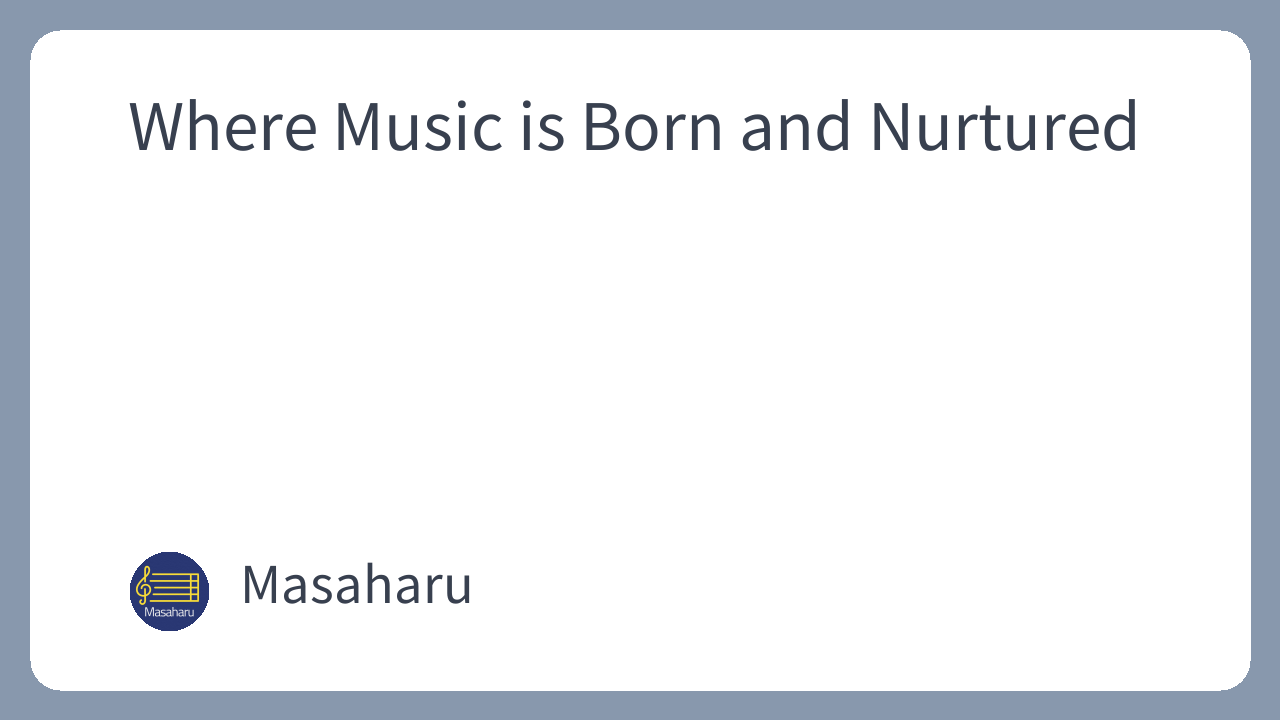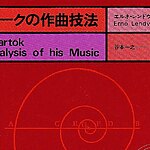(Original posted on January 8, 2009)
I found an interesting article on the Asahi Shimbun website.
Link “Ryuichi Sakamoto on Musical Expression in the Internet Age”
Just looking at the title, one might imagine forward-thinking content about new perspectives and developments in the Web 2.0 era and beyond, but the actual content is devoid of any such superficiality and, in fact, feels rather dispassionate.
While reading the text reflecting on the changes brought by the web, the question “For what (or for whom) do I express myself?” crossed my mind, and I recalled the time I started composing.
On the internet, you have to be viewed by an overwhelming majority and become a hot topic. In terms of blogs, you absolutely have to be popular. Eventually, gaining views becomes the sole purpose. But as I was writing my blog, I started to feel, ‘I’m not doing this for you guys,’ and I closed my blog.
Thanks to the internet, I realized, conversely, that having many people listen to my music isn’t my motivation for creating it. It’s a fresh feeling, like I’ve returned to my amateur days. I don’t feel the need to make music for a mass of faceless users whose interests are unknown.
Reading this interview made me once again recall that “music is something that is born and nurtured within relationships with others,” and it made me wonder about my own case.
“I want to convey my music to as many people as possible” – this is something that everyone who creates music vaguely thinks, and it was a part of what was hoped for with the development of the web. And indeed, the routes for expression към an unspecified, large audience increased, the boundaries between professionals and amateurs on the web lowered, and the exchange of musical works swelled enormously.
However, in musical expression on the web, it tends to become unclear within what kind of relationships (connections between people, social positioning, etc.) one’s expression is emerging as music. (As a result, creators easily end up feeling like mere suppliers for consumption.) I feel that anxiety, frustration, and irritation often accompany this.
Mr. Sakamoto’s words, “I started to feel, ‘I’m not doing this for you guys’,” also convey such irritation. Of course, there is a stance that positively affirms these characteristics as “an open way of musical expression,” and I can understand that.
However, I think it’s also somewhat inevitable that creators who perceive this negatively will revert to communication through music within “limited (and deep/intense) relationships.”
“Limited (and deep/intense) relationships” can, on a larger scale, take the form of “sharing the ‘time and place of music’ with an audience through live performances, etc.,” and on a smaller scale, “music being shared within personal relationships with friends and acquaintances.”
Incidentally, when I say “limited,” I don’t mean it in a closed-off sense, but rather that the target audience naturally becomes limited.
Needless to say, these are extremely common musical scenes that have been around since long before the advent of the web. In fact, we also see examples where the web is used not only as a means to announce live shows and concerts but also to enrich the core live experience into something more irreplaceable, fostering a strong sense of solidarity and unity through the distribution of live recording footage and community building.
Also, in a conversation, the composer Toru Takemitsu discussed how the works he composes are “created for his friends.” Takemitsu said he first thinks of his performer friends when he composes music. This could be considered one of the “private examples” mentioned above.
Going back in time, Brahms also produced many small pieces for his private circle in his later years, and music was born and nurtured through ensemble and choral singing in middle-class households of that era. Furthermore, in some Asian ethnic minorities, there is a custom of dedicating an improvised love song to a partner instead of proposing with words; this could be called the ultimate private song.
I feel the need to re-examine these not as mere exceptions, but as demonstrations of the simple, essential facts of musical expression and experience.
I believe the web can become a strong ally for musical expressers if we perceive the fact that it has increased the channels and routes for musical expression not only as a means to acquire a huge audience called “the public,” but also as an expansion of the chances to build “relationships where faces are visible (and where music is born and nurtured)” of various sizes.
──Putting it into words, I also feel as if I’ve merely reconfirmed something quite obvious.
Thinking now about this “relationship where music is born and nurtured,” I recall the moving memory of a shared sense of “our music” مبلغ in the relationships with my friends, who were my music’s first audience.
Although the web didn’t exist at the time, I was fortunate to have people nearby who had relationships that birthed and nurtured music – in other words, people who empathized with me. Today, by skillfully engaging with the web, we can build such relationships across distances, which is something to be very grateful for.
As for myself, while I do have concerns about the difficulty of gaining many listeners, I am more interested in how my music emerges as music within the relationship with what kind of listeners.
And along with that, I came to realize the importance of thinking about what (what kind of musical experiences) I have given to my own musical relationships, and what I have received from those relationships.


